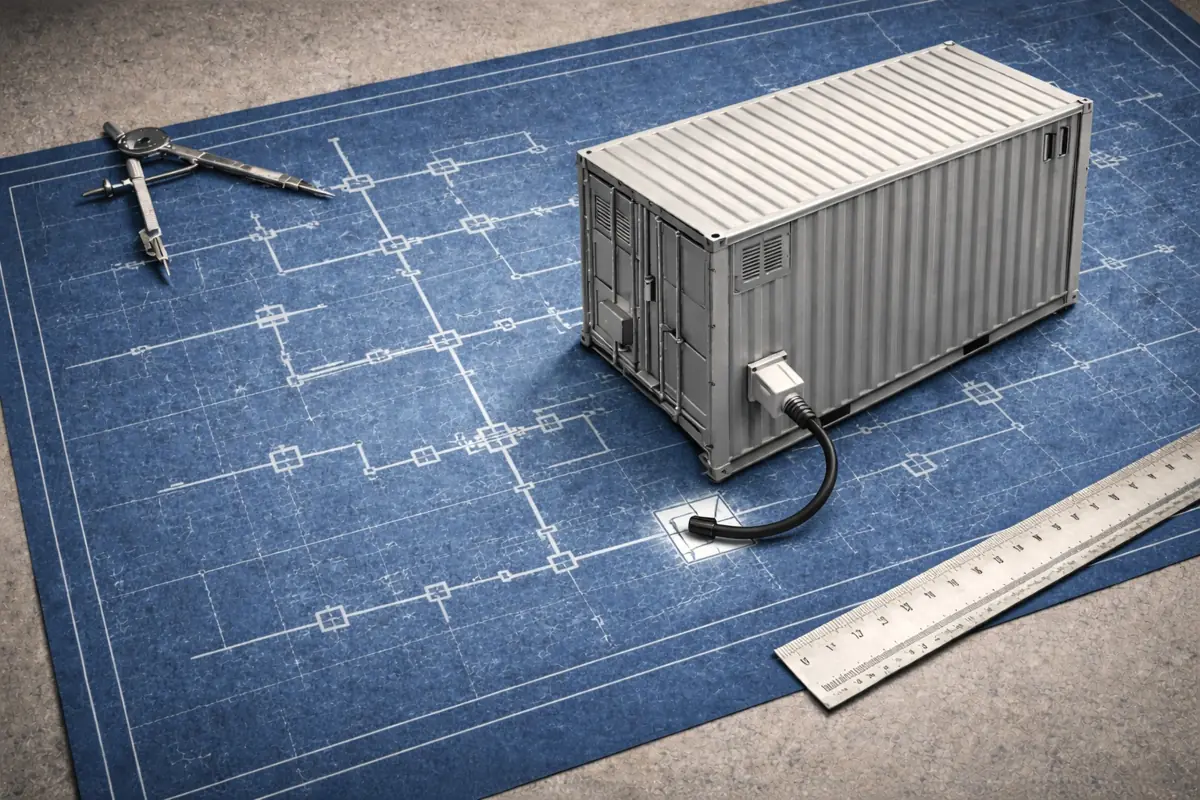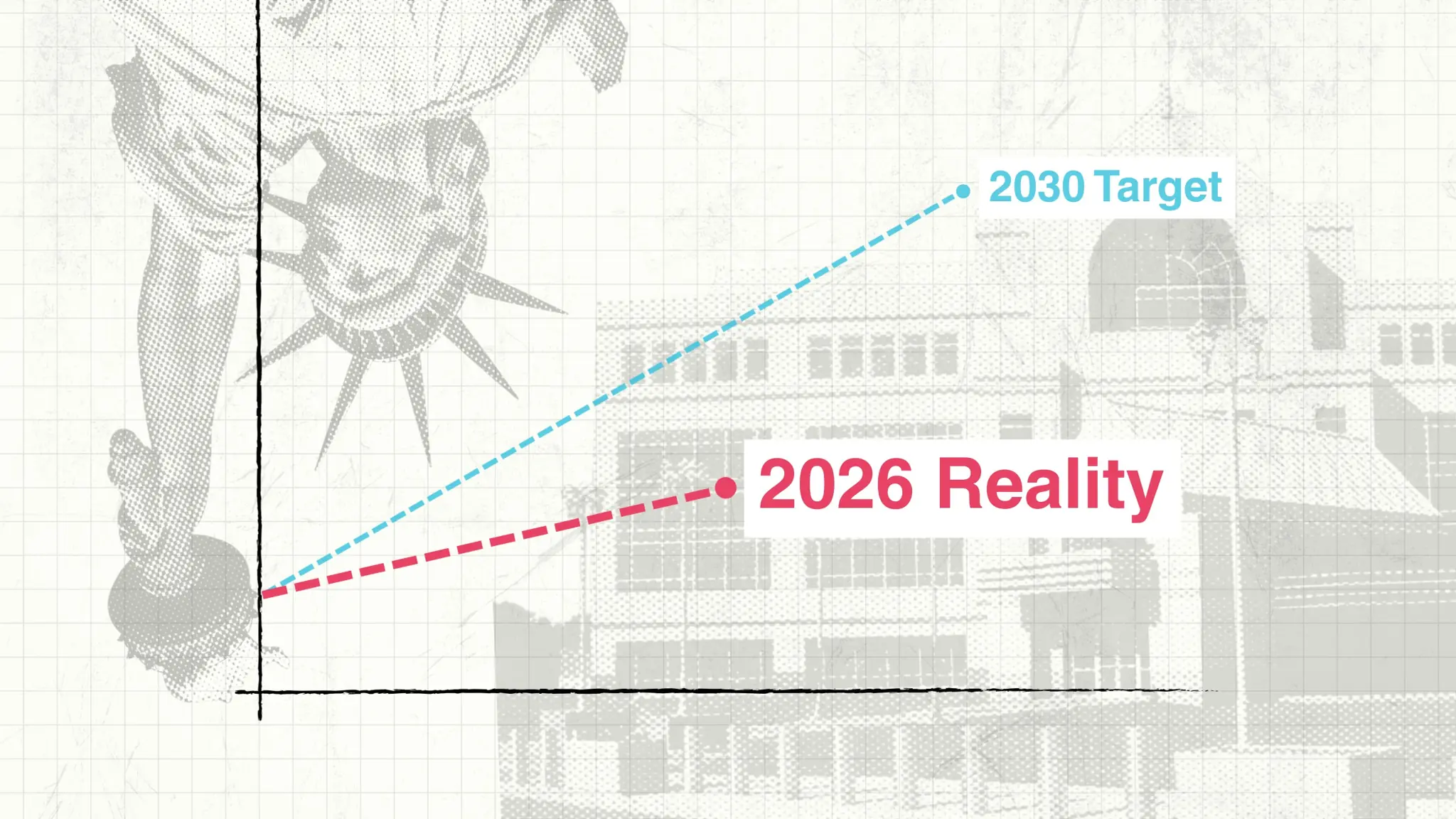ERCOT: What are battery energy storage tolling agreements?
ERCOT: What are battery energy storage tolling agreements?
Executive Summary
- Tolling agreements allow ERCOT battery owners to lease operational control to third parties in exchange for fixed payments, stabilizing revenues.
- The only operational ERCOT battery under a tolling agreement—Crossett 1—initially underperformed but later earned above the one-hour BESS Index in 2024.
- Nearly 2 GWh of battery capacity is set to operate under tolling agreements by 2026.
Subscribers to Modo Energy’s Research will also find out:
- How tolling agreements shift operational strategies and impact revenue performance.
- Why developers are increasingly considering tolls as a de-risking tool in a volatile ERCOT market.
- Which upcoming battery projects are expected to enter tolling structures and how they compare to merchant assets.
To get full access to Modo Energy’s Research, book a call with a member of the team today.
Introduction
Revenues for battery energy storage systems in ERCOT vary substantially year-to-year.
They're influenced by various factors, such as the exponential growth of battery energy storage capacity, the launch of new Ancillary Services, growth in overall load, and unpredictable weather events.
As a result, it's impossible to rely on consistent year-over-year revenues.
Already a subscriber?
Log in







